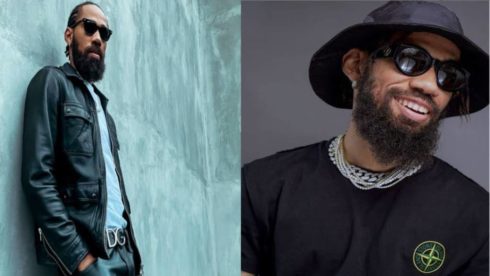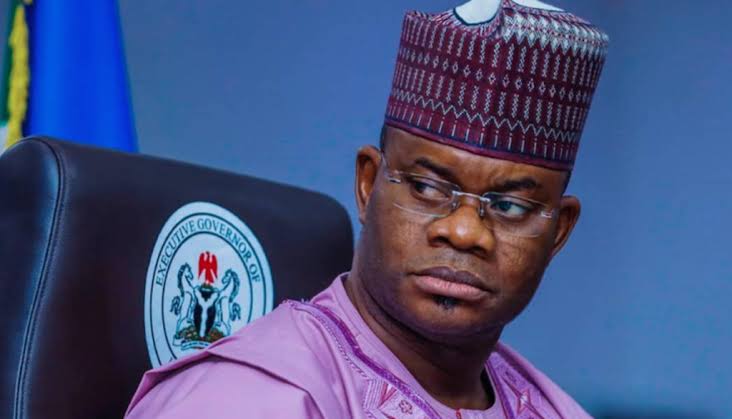Rapper Phyno Sparks Powerful Debate on African Values, Condemns Retirement Homes for Parents Abroad

Nigerian rapper Chibuzor Nelson Azubuike, professionally known as Phyno, has voiced his disapproval of the growing trend among some Africans of relocating their elderly parents to retirement homes. The artist, celebrated for his unique blend of Igbo rap and Afrobeat sounds, revealed his deeply personal stance in a recent interview, emphasizing the significance of cultural values and family bonds in African society.
Phyno explained that placing parents in retirement homes is a foreign concept that conflicts with the communal and family-oriented lifestyle upheld by many African cultures. He stated, “In Africa, we don’t put our dads in retirement homes. I can never do it,” reaffirming his commitment to personally caring for his parents. This sentiment reflects the broader societal expectation in African communities, where children are traditionally seen as the primary caregivers for their aging parents.
Cultural Significance of Family Care in Africa
In many African societies, caring for elderly parents is considered not only a moral obligation but also a reflection of cultural identity. Unlike in Western countries where retirement homes are common, African families often prioritize living with or close to their aging relatives. This system fosters a sense of belonging and intergenerational connection.
Phyno’s statement highlights a growing concern among Africans about the erosion of traditional values due to Western influences. The rapper’s message resonates with those who view family care as a cornerstone of their heritage. For many, providing direct care to aging parents is a way of honoring their sacrifices and preserving cultural legacies.
Western Influences and Changing Perspectives
Despite the strong emphasis on familial care in Africa, there has been a gradual shift in attitudes, particularly among the diaspora. With increasing urbanization and emigration, many Africans face challenges in balancing work commitments and caregiving responsibilities. Consequently, some families have opted for professional eldercare facilities abroad.
Phyno’s remarks come as a reminder of the potential cultural disconnect that can arise from such choices. While retirement homes provide convenience, critics argue that they can lead to a loss of emotional bonds and a sense of neglect. The rapper’s perspective encourages introspection about the impact of these decisions on African values.
The Role of African Celebrities in Shaping Social Norms
As a respected figure in the entertainment industry, Phyno’s views carry significant influence, especially among young Africans. His outspoken stance underscores the role of celebrities in promoting cultural awareness and sparking important conversations about societal norms.
By addressing this issue publicly, Phyno reinforces the importance of preserving African traditions in a rapidly globalizing world. His advocacy for family-centered care could inspire others to prioritize their roots, even when navigating modern challenges.
Challenges in Maintaining Traditional Family Structures
While Phyno’s message is clear, the realities of modern life present undeniable challenges. For many families, financial constraints, geographical separation, and demanding careers make it difficult to care for elderly relatives at home. The rise of retirement homes and assisted living facilities abroad reflects these evolving dynamics.
Experts note that addressing this issue requires innovative solutions, such as community-based eldercare initiatives that align with African values. Encouraging dialogue about these challenges can help bridge the gap between tradition and modernity, ensuring that cultural heritage remains intact.
Phyno’s Advocacy for Cultural Preservation
Phyno’s stance is part of a broader effort to preserve African cultural values amidst globalization. The rapper’s emphasis on family care serves as a call to action for Africans to reflect on their responsibilities toward their elders.
In his career and personal life, Phyno exemplifies the balance between embracing global opportunities and staying rooted in tradition. His remarks resonate as a reminder that cultural preservation starts within families and extends to society at large. By choosing to care for his parents personally, he sets a powerful example for future generations.
Discover more from OGM News NG
Subscribe to get the latest posts sent to your email.





